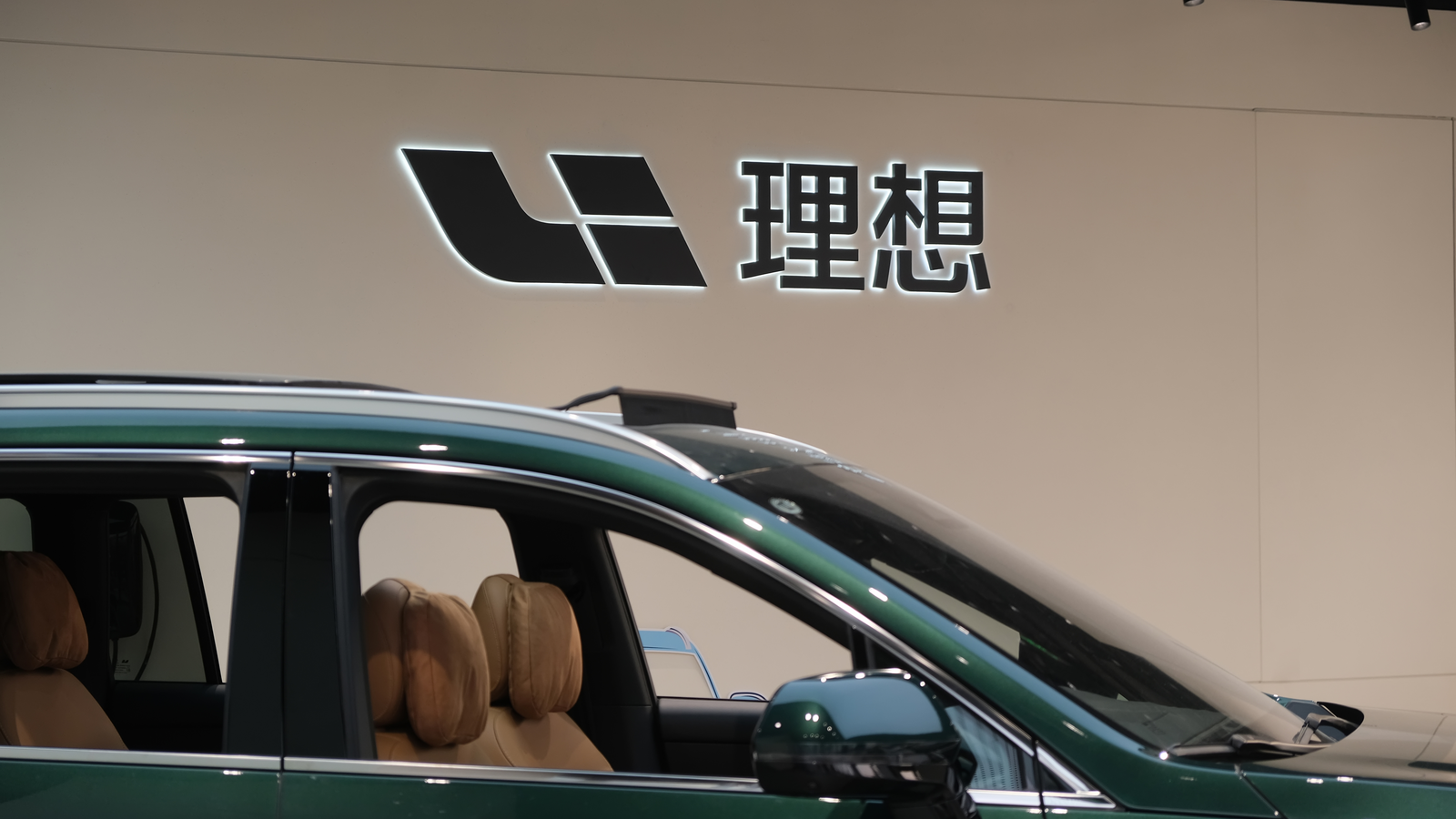Li Auto (NASDAQ:LI) stock hit a peak early this month after announcing earnings, at over $46 per share.
Since then, shares of Li are down 14%. Li stock bulls may be asking why.
I offered some glib answers last week. China’s recovery is unstable. Many American investors fear its government.
But there’s more going on under the hood. China has a ferociously competitive EV market. Every innovation brings new competitive threats. Li’s combination of a gas engine powering a plug-in battery in a family SUV has given it an advantage. The question for investors is, how long will this continue?
The answer may surprise you.
A Closer Look at Li Stock
Plug-In Hybrid Vehicles, which Li calls “extended range electric vehicles,” are already available in the U.S.
Stellantis (NASDAQ:STLA) offers the Chrysler Pacifica. Ford Motor (NYSE:F) has the Ford Escape. Hyundai (OTCMKTS:HYMTF) offers both the Santa Fe and the Tucson. Mitsubishi (OTCMKTS:MSBHF) has the Outlander.
In all these cases, you can plug in the car overnight and get extended range with the gasoline engine. Many of these cars will qualify for the Biden Administration’s EV tax credit.
Europe wants to phase-out PHEVs, in part because the weight of the battery increases emissions. But sales are accelerating in China, and that should continue through the decade.
This means Li won’t be the only PHEV choice for Chinese families. Among the latest arrivals, due to be unveiled today in Chengdu, is the Jishi 01.
The car evolved from one called the Stone and looks more like a Land Rover than a Tesla (NASDAQ:TSLA). Its battery range is 146 miles, but it runs 693 miles when the gas engine is used.
Jishi is one of many brands under BAIC, a state-owned company that produced over 1 million cars last year. Among them is the BAW M7, an electric that looks like a Toyota (NYSE:TM) Scion and is priced at just $13,700.
Who is Most Favored
I have written before about Li’s ties to China’s government. They’re relatively informal.
With BAIC, and other government-run automakers, the ties are formal. BAIC is only the fifth-largest state-owned car company.
All of them have ties with western companies. The best-known may be SAIC, whose joint venture with General Motors (NYSE:GM) produces the Hongguan Mini, an electric costing just $5,000.
As China’s economy continues to teeter, its government faces a choice. It can lean toward private enterprises like Li Auto, or toward public enterprises like BAIC. It’s clear which way a real communist would go.
It’s less clear how Xi Jinping will go. But if push comes to shove, if it’s a choice between letting state-owned or privately-owned companies sink, which do you think he would choose?
The Bottom Line
Li has immense short-term advantages in a ferociously competitive market. But they won’t last long.
Analysts see a clear runway ahead, with sales of over $15 billion this year and $24 billion in 2024. I think they’re underestimating the local competition and overestimating the Chinese government.
Fortunately, there’s another choice for Americans. Toyota. I’ve been buying Toyotas for 30 years. My late Scion XB (totaled last year in a car accident) was the best car I’ve ever owned. My new Toyota Corolla hybrid gets over 600 miles on a fill-up.
Toyota has been quietly working on solid state batteries for years and plans to introduce 10 electrics with extended-range batteries by 2026. By the time Li is ready to export its product to the U.S., it may find the niche is already taken.
Oh, while Li sells at nearly 4 times its $10 billion in annual revenue, Toyota is still selling for .75 of its.
As of this writing, Dana Blankenhorn did not hold (either directly or indirectly) any positions in the securities mentioned in this article. The opinions expressed in this article are those of the writer, subject to the InvestorPlace.com Publishing Guidelines.
